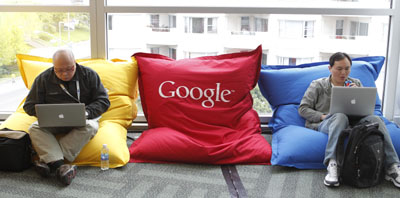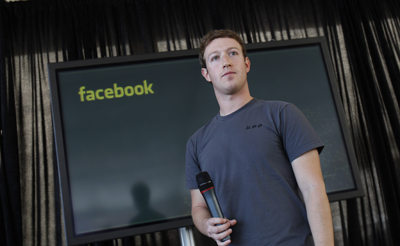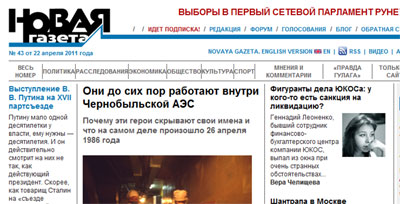Danny O’Brien/CPJ Internet Advocacy Coordinator
San Francisco-based CPJ Internet Advocacy Coordinator Danny O’Brien has worked globally as a journalist and activist covering technology and digital rights. Follow him on Twitter @danny_at_cpj.
Catching the Internet’s spies in Iran and elsewhere
In August, Google introduced a new, if rather obscure, security feature to its Chrome web browser, designed to be triggered only under extreme circumstances. If you were talking to Google’s servers using the web’s secure “https” protocol, your browser makes a number of checks to ensure that you are really talking to Google’s servers. Like…
Legal protection falls short for Zimbabwe’s Insider
The Insider is a political newsletter about Zimbabwe, edited by veteran journalist Charles Rukuni. Founded in 1990, it was printed as a 12-page leaflet until 2003, when Zimbabwe’s hyper-inflation made it impossible to publish with annual subscriptions. Rukuni made the move to the Web, where he continued to archive and publish stories at insiderzim.com. Rukuni’s…

Security vs. risk: More on Facebook and Google+
It’s been fascinating watching the hothousing of a new social network in Google+. In the early days of Twitter, it was the users who invented social norms like “@”ing people, hashtags, and retweeting, which the designers of Twitter adopted and echoed in thee hardwired code of the website itself. Such affordances, as they are known,…

Google+ for journalists at risk
When they’re creating new features, software designers talk in terms of “use cases.” A use case describes steps that future customers might perform with a website. “Starting a group with friends,” would be a use case for Facebook. “Buying a book” would be case for Amazon’s designers.

Syria’s Assad gives tacit OK to online attacks on press
On Monday, Syrian President Bashar al-Assad gave his third public address on the vast unrest that has roiled his nation. Reporters described him as nervous. He, the reporters, or perhaps both, may have been thinking about the significance of speech No. 3. Both Tunisia’s Zine El Abidine Ben Ali and Egypt’s Hosni Mubarak were overthrown…
Beyond the Amina hoax: Real cases in the Middle East
A Gay Girl in Damascus was a personal blog, said to be written by a young woman named Amina Arraf, that appeared to give an everyday record of being a lesbian in modern-day Syria. Following the events of the Arab Spring, as the political situation in Syria grew less stable, the blog attracted more readers…
Syrian Facebook: Low-tech threats and high-tech scrutiny
Journalists and online news-gatherers have been struggling to collect and distribute high-quality information about recent events in Syria. Foreign journalists have been turned away at the border; local online reporters have been detained. The quality of Internet and mobile phone connectivity has been extremely variable, with reports of Net and phone connections being cut off…
At SXSW Interactive, theory and reality converge
I’ve just returned from a hectic week at SXSW Interactive, the annual gathering of digital technologists and creators in Austin, Texas. Conferences like this are often moments of isolation from the rest of the world, where attendees become consumed with the trivia of the event itself. But because many of those attending SXSWi are prolific…

Michael Anti’s exile from Facebook over ‘real-name policy’
The Chinese journalist Michael Anti had his Facebook account deleted in January. The reason Facebook gave was that Michael Anti isn’t his real, government-recorded, name–which is true. Instead, Anti is the name that he has written under for almost a decade, on his own personal blogs, and in his writing for the New York Times…
